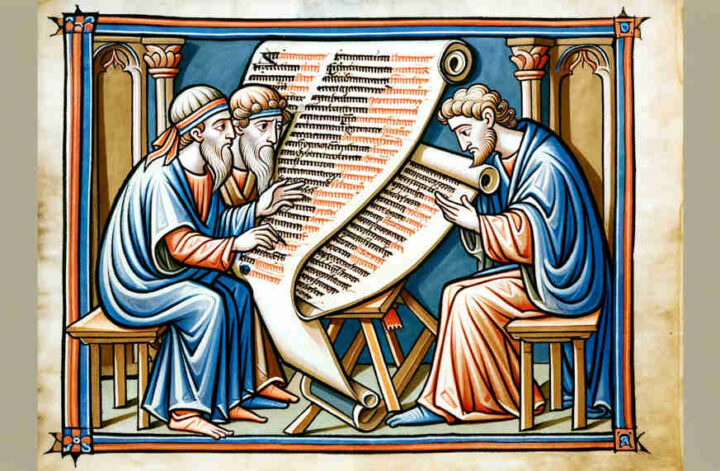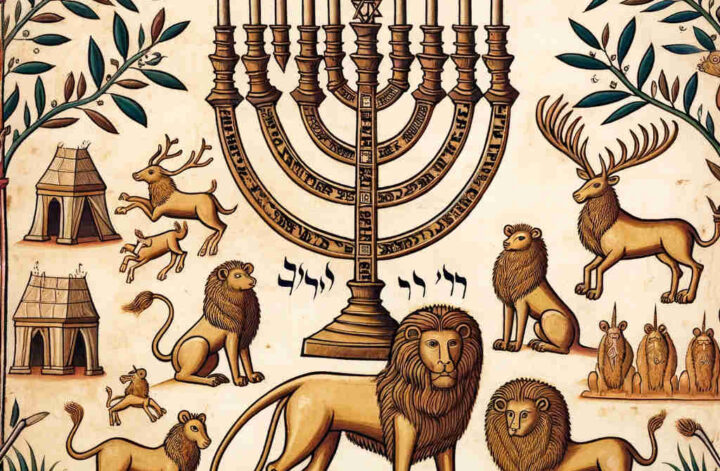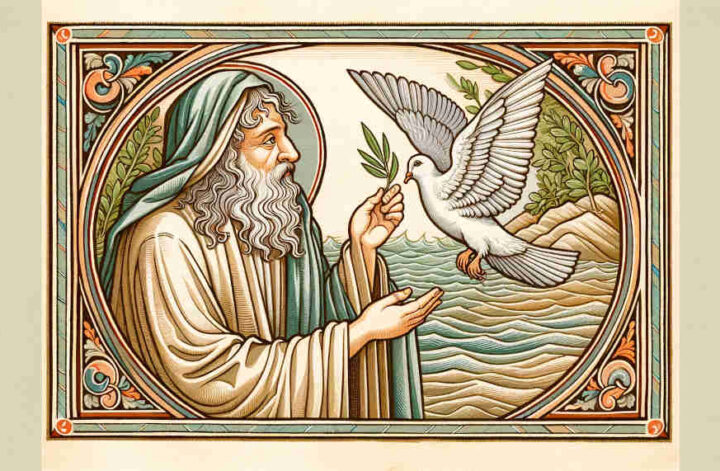Concerns Regarding the “Coschen Hamischpat 405” Quote From to the Talmud
Email from Samuel Johnson: “Dear Rabbi Joshua, I came across a quote supposedly from the Talmud that is quite upsetting. It says, ‘A pregnant non-Jew is no better than a pregnant animal.’ Is this an accurate representation of what the Talmud teaches? I’m troubled by this and hoping for clarification.”
Response from Rabbi Joshua
Shalom Samuel, I understand your concern about this disturbing statement. Let’s address the issue directly and with care.
Authenticity and Context in Talmudic Texts
First and foremost, the line you’ve read is not an accurate reflection of the Talmud’s teachings. The Talmud is a complex and extensive compilation of Jewish law and ethics, and it requires careful study to understand its teachings properly. It is not uncommon for quotes to be taken out of context or misquoted, especially when translated or when they are disseminated without the nuanced understanding that comes from in-depth study.
Respect for All Life in Jewish Thought
Jewish teachings and the Talmud specifically uphold the value and sanctity of all human life. The dignity of every person, Jew and non-Jew alike, is a fundamental principle in Judaism. There is no basis for the denigration of non-Jews in the fabric of Jewish law or ethics. It is important to approach such quotes with skepticism, especially when they do not align with the well-documented principles of respect and human dignity that are at the core of Jewish teaching.
The Importance of Accurate Sources
Unfortunately, there are instances where texts are purposefully misrepresented to cast aspersions on Jewish beliefs and practices. This is why it is crucial to verify the authenticity of any quote and to understand it within its proper context. When dealing with translations or claims about Talmudic text, it is wise to consult a reliable and scholarly source or to discuss the matter with someone knowledgeable in Talmudic law and lore
.
Seeking Clarity and Understanding
Samuel, I encourage anyone who encounters such troubling statements attributed to Jewish texts to seek clarity. It is a sign of integrity to question and pursue truth, and such actions contribute to mutual understanding and respect among different peoples and cultures.
If you wish to explore Talmudic teachings further or have any other questions regarding Judaism, please reach out. It is always better to ask and learn than to be left with misunderstandings.
Wishing you peace and wisdom,
Rabbi Joshua


